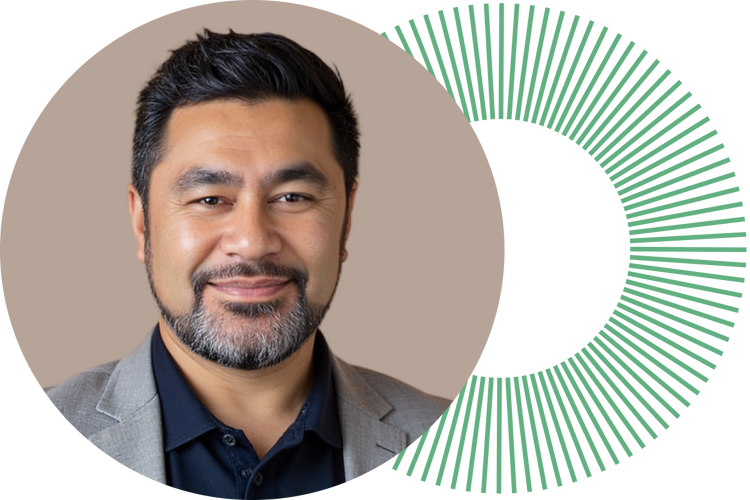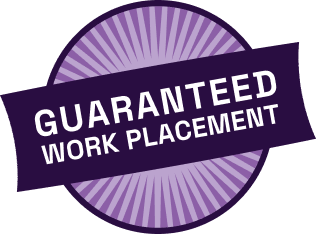Introduction
Course Breakdown
E1149
Industry Overview
Is this course for you?
What you will learn
Learning Material
Your trainer


Academic Information
Open Colleges may make changes to the course from time to time to reflect changes introduced to the relevant Training Package or other regulatory requirements.
Certificate IV in Alcohol and Other Drugs and Certificate IV in Mental Health
CHCCOM002
Use communication to build relationships
icon
CHCLEG001
Work legally and ethically
icon
CHCMHS007
Work effectively in trauma informed care
icon
CHCCCS004
Assess co-existing needs
icon
CHCMHS005
Provide services to people with co-existing mental health and alcohol and other drugs issues
icon
Assessment Details
Recognition of Prior Learning (RPL)
We understand that you may already have many skills and areas of expertise that you have obtained in different ways and these are recognised through our Recognition of Prior Learning (RPL) process.
Our Credit Transfer & Recognition of Prior Learning Policy, available in the Key Student Information section of our website, provides more information about our RPL process. Alternatively, you can contact an Enrolment Consultant to discuss your RPL options.
Course Duration
Entry Requirements
Work Placement

What are the benefits?
How do I find a work placement?
How does Guaranteed Work Placement work?
Structured Workplace Learning (SWL)
Immunisations
Supervisor Requirements
Full course breakdown
Studying online with Open Colleges
Flexibility - study at your own pace
When you study online with Open Colleges you’re in control.
You can choose to complete your course quickly, or keep to a steady pace. Learning is fully flexible so you can fit your everyday commitments around your studies.
Everything you need to study is online so you can study wherever you like – but that doesn’t mean you’re on your own.
OpenSpace is our online learning platform. It’s where you’ll go to access your learning materials, contact your expert trainers and assessors and upload your assessments.
What is OpenSpace?
It’s important to us that we deliver a superior, online learning platform that meets our students’ needs. That’s why we have upgraded to our brand new, custom-designed learning platform, OpenSpace.
OpenSpace provides you with a user-friendly interface, that is mobile responsive. This means that you can complete your coursework using your laptop, iPad, or mobile device. All coursework is automatically saved, providing you with the flexibility you need to complete your studies anywhere, anytime.
How to get support?
Learning Support
The learning support team will be with you every step of the way, from enrolment to graduation. They’re here to help you get the most out of your online course. They can assist by providing non-academic support - like helping you craft an achievable study plan so that you can graduate in a realistic timeframe. If you’re finding it tough to stay motivated throughout your course, they’ll be there to help keep you on track.
Student support
The Student Support team is your one-stop service centre for all student administrative issues – including enrolment, change of contact details, OpenSpace support, assessment results and certification. You can access the Student Support team by email or phone.
Trainer Support
Studying online doesn’t mean you’re on your own. Our trainers are here to help — whether you want to book a chat, send an email, join a webinar, or take part in a discussion forum. We’ve made it easy for you. Each study area has dedicated booking links and contact details, all available in OpenSpace account, so you can quickly connect with your trainer or ask a question when you need support.
Wellbeing Support
We have partnered with Australian Counselling Service (ACS) to support your wellbeing while you study with us. If you are experiencing stress such as balancing study with other commitments, anxiety about role plays, or just needing motivation, you can reach out to ACS for free short-term counselling support.
Their services include:
- Free and confidential no cost to you
- Delivered via Zoom accessible from anywhere in Australia
- Flexible and available sessions offered 8am to 8pm, 7 days a week
- Supportive and practical helping you manage study stress, motivation, anxiety, and life challenges
You can book directly with a counsellor of your choice through the ACS website. In most cases, appointments are available within 48 hours of reaching out. More information on how to access this service can be found in the welcome module of your course.
How would you like to pay for your course?
Speak with an advisor to discuss your payment options. Call 1300 853 033.

Nicola Robey
Nicola holds a Certificate IV in Child, Youth and Family Intervention, a Certificate IV in Mental Health and Alcohol and Other Drugs, and a Diploma of Community Services Work. She is currently working toward completing a Diploma of Positive Psychology.

Faamaoni Kaleti
With three years of experience as a trainer, Oni has worked with students in a hybrid learning environment and is eager to share his lived experiences and professional expertise. He holds qualifications in Certificate IV in Community Services, a Diploma in Counselling, and an Advanced Diploma in Community Sector Management, and he is currently pursuing a Graduate Diploma in Psychology.

